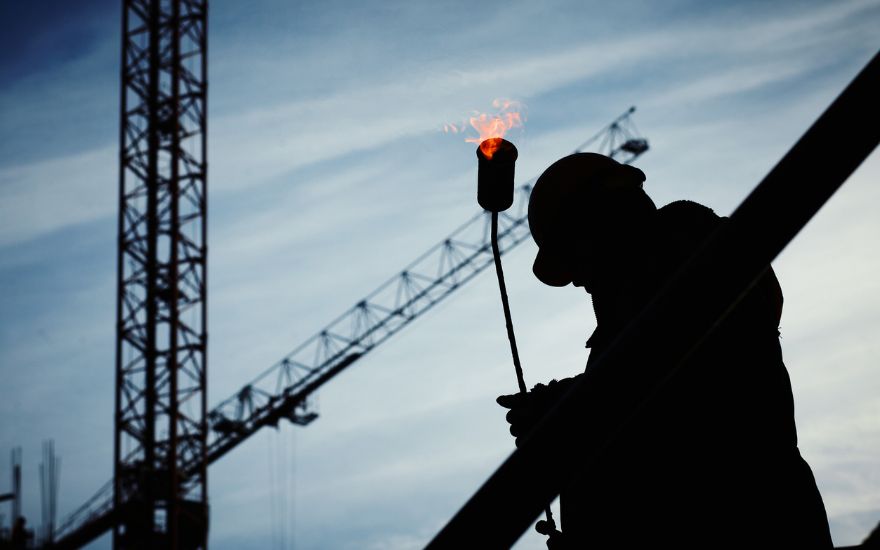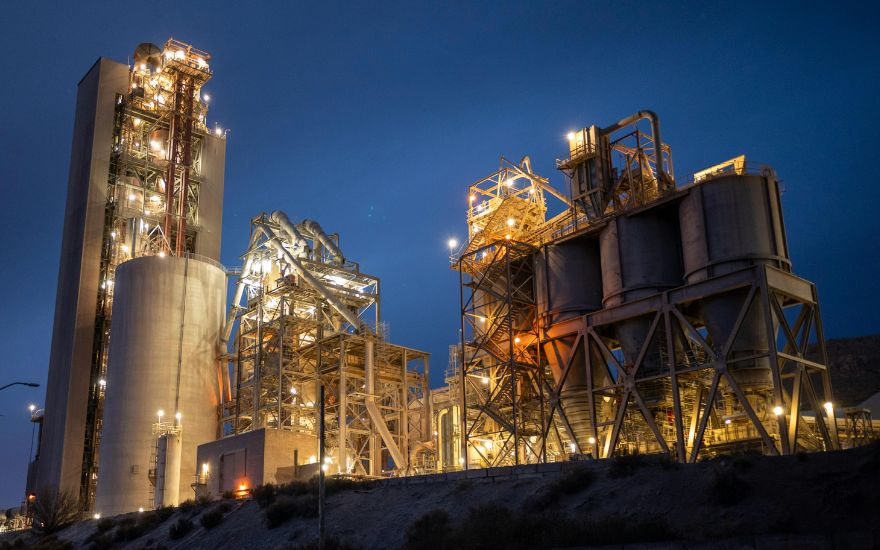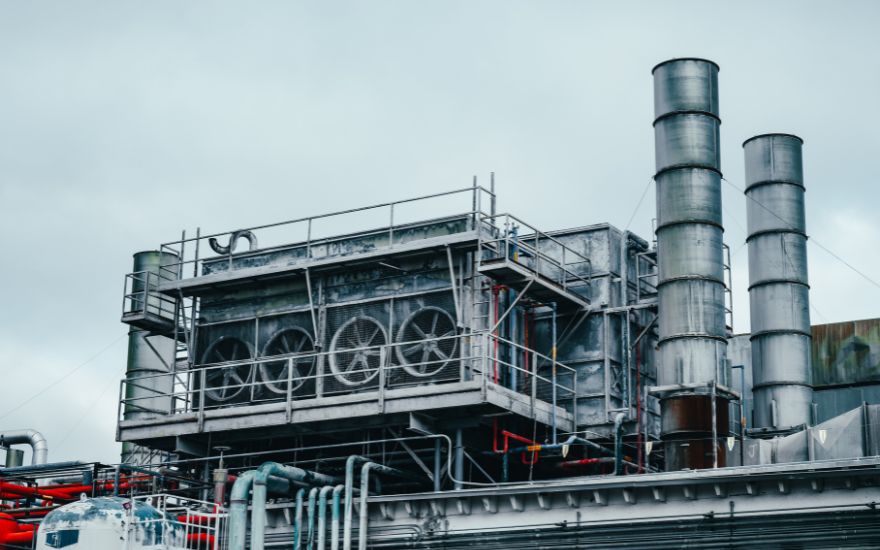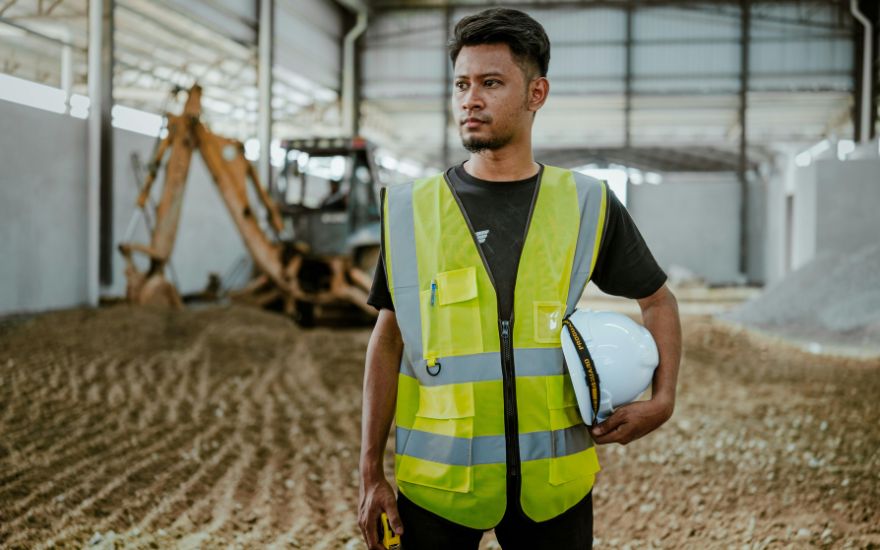You’ve invested time, money, and trust into a construction firm—yet deadlines are missed, budgets spiral out of control, and the final product falls short of your expectations. Sound familiar? You’re not alone. Many property owners, whether developing residential or commercial spaces, encounter these same frustrations. The problem isn’t just poor performance; it’s not knowing why it keeps happening, and worse, not knowing how to fix it. If you’re tired of empty promises and inconsistent execution, it’s time to take a hard look at the reasons behind your construction firm’s failures.
In this blog, we uncover the root causes behind poor construction firm results, explore the essential factors you need to consider before hiring or continuing with a firm, and offer solutions that can put your project back on track. Whether you’re embarking on a new build or stuck in the middle of a failing one, we’ll equip you with actionable steps to get better outcomes. For trusted, transparent, and top-performing service, explore CozyCasa’s construction solutions.
Key Issues You Must Understand Before Blaming the Firm
Before pointing fingers, it’s essential to understand what might be contributing to a construction firm’s underperformance. These foundational insights will give you clarity and help in making better decisions.
Miscommunication Leads to Project Failures
Lack of clear communication between you and the construction team often results in errors, misunderstandings, and missed expectations. Vague instructions or assumptions about tasks can snowball into costly mistakes.
Clear documentation, regular updates, and using project management tools can help bridge this gap. Search for solutions under “construction project communication” and “client-builder transparency.” Frequent check-ins, collaborative meetings, and the use of digital tools all play a role in preventing misalignment.
Poor Planning and Scope Creep
When planning is rushed or incomplete, projects derail quickly. Inconsistent scope definition leads to scope creep—where additional tasks or changes are added without proper budget or time adjustment.
A detailed project roadmap and strict change management protocols are essential to maintaining control. Look for firms emphasizing “pre-construction planning” and “scope control measures.” Detailed blueprints, clearly outlined deliverables, and formalized approval processes are your best tools to avoid chaos.
Inadequate Workforce or Subcontractors
Sometimes, the issue isn’t the firm itself but the quality of the workers or subcontractors they hire. Lack of experience or training can severely affect timelines and build quality.
Ensure the firm employs certified professionals and vets its subcontractors rigorously. Search using terms like “licensed construction teams” and “vetted trade professionals.” Conducting interviews, checking credentials, and requesting case studies will help you understand their operational standards.
Financial Mismanagement and Budget Overruns
Unclear budget structures, misallocation of funds, or lack of financial oversight often lead to cost blowouts. This not only delays the project but can jeopardize its completion.
Firms must offer detailed cost breakdowns and maintain transparent financial tracking. Keywords: “construction budget control” and “financial project transparency.” Don’t hesitate to ask for itemized budgets, monthly expenditure reports, and project forecasting before you sign anything.
Lack of Accountability and Site Supervision
When no one is held responsible for errors or delays, standards drop. Lack of supervision leads to rework, safety risks, and poor quality.
Look for firms with dedicated project managers and consistent site inspections. Important terms: “onsite construction supervision” and “accountability in building projects.” Strong leadership ensures work quality, team efficiency, and adherence to timelines.
Common Pitfalls in Choosing the Wrong Construction Firm
Choosing a firm without the right due diligence can doom a project from the start. Here are some mistakes to avoid and red flags to watch for.
Overpromising and Underdelivering
Beware of firms that promise the moon without the track record to prove it. Overpromising usually leads to disappointment.
Ask for case studies, real client testimonials, and past project portfolios. Search using “construction firm case studies” and “verified builder reviews.” Transparency and proven performance are your best indicators of reliability.
Lack of Proper Certifications and Insurance
Unlicensed or uninsured firms can cause legal and financial headaches. If things go wrong, you could be left footing the bill.
Always verify the firm’s credentials and insurance coverage before signing contracts. Look for “licensed construction companies Canada” and “builder liability insurance.” Proper coverage protects both your investment and your legal rights.
No Real-Time Progress Tracking
You should never be in the dark about your project’s status. Lack of real-time tracking creates anxiety and leads to unmonitored errors.
Choose firms offering digital dashboards or live updates. Search for “construction progress tracking tools” and “client update portals.” Make sure they have transparent processes in place for daily reporting and photographic progress logs.
Ignoring Local Building Codes and Permits
Failure to adhere to local laws can halt your project entirely and lead to hefty fines.
Ensure the firm understands and complies with local construction regulations. Use keywords like “Ontario building codes” and “permit-compliant builders.” A good firm will handle permit submissions and ensure every regulation is met.
Lowball Quotes that Hide True Costs
If the price seems too good to be true, it probably is. Some firms underquote to win the contract, then inflate prices mid-project.
Demand detailed quotes with no hidden fees. Look for “transparent construction pricing” and “no hidden cost contractors.” It’s also worth comparing multiple quotes and asking for clarification where costs seem vague.
How to Get Better Results from Your Construction Project
It’s not too late to turn things around. With the right steps, you can regain control of your construction project and achieve the results you envisioned.
Set Clear Goals and Expectations from Day One
Before the first brick is laid, define your goals. Be specific about timelines, quality standards, and budget expectations.
This clarity helps keep everyone aligned and accountable. Use terms like “construction goal setting” and “project expectation planning.” Establish a master plan and review it frequently with your contractor to stay on track.
Monitor Progress Through Digital Tools
Leverage technology to track progress in real-time. Digital tools provide visibility and help you stay informed.
From timelines to budget tracking, choose firms that are tech-savvy. Keywords: “real-time construction tracking” and “digital project dashboards.” Good tools allow for smoother coordination, error tracking, and forecasting issues before they arise.
Maintain Regular Communication with Project Leads
Weekly meetings or updates can help catch issues early and keep the project on track.
Choose a firm with accessible project managers who prioritize client updates. Search “construction communication best practices” and “client-builder updates.” Use structured agendas during meetings and ask for follow-up summaries to hold all parties accountable.
Get Everything in Writing
Verbal agreements often lead to misunderstandings. Always document scope changes, pricing updates, and project modifications.
Written agreements create accountability and reduce disputes. Use phrases like “construction documentation protocol” and “written contract essentials.” Maintain a centralized repository for all contracts, addendums, and revisions.
Work with Transparent, Quality-Driven Firms
Partner with firms that value transparency, quality, and long-term relationships. A reputable firm will prioritize your satisfaction.
CozyCasa is one such firm, committed to clarity, timelines, and results. Explore their solutions at cozycasa.ca. Their consistent track record, high-quality materials, and client-focused approach make them a reliable choice for residential and commercial builds.
Why CozyCasa Is the Partner You Can Trust
CozyCasa stands out by delivering consistent, high-quality construction results backed by professionalism and transparency. Their team includes certified builders, experienced project managers, and a network of trusted subcontractors.
From the initial planning phase to project delivery, CozyCasa keeps you informed, engaged, and confident in the process. Their digital project tools, thorough documentation, and quality assurance protocols set them apart.
Most importantly, CozyCasa builds not just homes and commercial spaces—but trust and satisfaction. Their commitment to meeting deadlines, staying on budget, and exceeding client expectations makes them a top-tier choice in Canada’s construction landscape.
CozyCasa also offers post-construction support and maintenance, ensuring that your investment remains protected even after handover. Their client-first mindset, combined with industry expertise, makes them more than a builder—they’re your construction partner for life.
Conclusion
If your construction firm isn’t delivering results, you’re not powerless. By identifying the root issues—whether it’s communication gaps, poor planning, or lack of supervision—you can take steps to course-correct and protect your investment.
Choosing the right partner, like CozyCasa, can make all the difference. With their proven track record and client-first approach, you can finally get the results you’ve been waiting for. Don’t settle for less—build with the best. Start your construction journey the right way by visiting CozyCasa today.
FAQs
- Why do most construction projects fail to meet deadlines?
Poor planning, miscommunication, and scope creep are the most common reasons. - How do I know if a construction firm is reliable?
Check for certifications, reviews, and a transparent communication process. - What should be included in a construction contract?
Scope of work, payment terms, timeline, quality benchmarks, and penalties. - Can I switch construction firms mid-project?
Yes, but review your contract terms and consider legal counsel before doing so. - What’s better: a fixed-price or time-based contract?
Fixed-price offers predictability, while time-based allows flexibility. Choose based on project needs. - Are digital tools really necessary for managing construction?
Yes, they offer real-time insights, reduce errors, and improve accountability. - How can I avoid hidden costs in a construction project?
Ask for itemized quotes and ensure all potential extras are discussed up front. - What’s the best way to deal with construction delays?
Open communication, clear timelines, and contingency plans help minimize impact. - Is it better to go with a large firm or a specialized boutique firm?
It depends on your project size and expectations. Boutique firms like CozyCasa often offer more personalized service.
Where can I find a trustworthy construction firm in Canada?
Visit CozyCasa to learn more about their trusted and transparent construction services.



